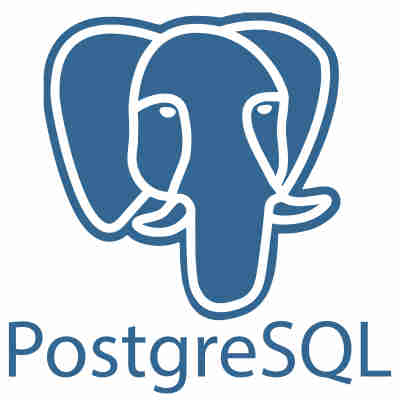| PostgreSQL Conferences In 2025 |
| Written by Nikos Vaggalis | |||
| Friday, 05 September 2025 | |||
|
Two great PostgreSQL conferences, PGConf.dev and Posette, took place during May and June this year. We take a look at the key talks of each of them. While Posette took place as a virtual developer event between June 10-12, PGConf was held held in person in Montreal between May 13-16. They both brought together PostgreSQL experts, developers, users, and contributors from around the globe in order to present all things Postgres. Posette is a conference that is run by the Postgres team at Microsoft, while PGConf draws from a wider pool of global talent. For those who couldn't attend, the talks have been uploaded on YouTube. There are many of interesting talk of which we singled out a few. Let's begin with PGConf. One of the best talks has to be "Scaling Postgres to the next level at OpenAI" by Bohan Zhang. Yes OpenAI lives on PostgreSQL, no Vector stores here... Bohan delves into how PostgreSQL powers up their OpenAI's infrastructure and along the way he shares unique tips and tricks that the his engineers use to scale the database to handle for OpenAI's extreme workloads. Then, "Compiling Postgres to WASM with PGlite" by Sam Willis. Until recently, the only way to run PostgreSQL in a browser was through spanning a VM; but this has now changed thanks to PGlite. PGlite is a WASM Postgres build, packaged in a TypeScript client library that enables you to run Postgres in the browser with no need to install any other dependencies. Sam Willis in this talk covers the objectives of the PGlite developer team and takes us through some of the challenges they face, the lessons learned and the opportunities spotted for future optimizations. Lastly,"Vector search is now boring, but PostgreSQL has ways to go" by Jonathan Katz. This is all about pgvector. We've explored the extension in "Turn PostgreSQL Into A Vector Store": pg_vector is an extension for PostgreSQL that renders it a viable alternative to specialized vector stores used in LLMs. pg_vector allows you to replace Chroma or any other specialized vector engine with Postgres so that you can have your embeddings stored alongside your JSON or relation data under the same roof. That capability renders Postgres usable in an AI or ML setting. At the same time being able of hosting embeddings and without even touching the LLM yet, we still can do useful similarity searches like KNN and ANN from within Postgres. However as Jonathan states, this capability stresses PostgreSQL a lot. Jonathan after going through the extension's innards, explains that the next set of innovations in vector search for PostgreSQL need to happen in PostgreSQL itself, not extensions. Now let's move on to Posette. Again some great talks here. Two of the most interesting would be: "Postgres Storytelling: Cunning Schema Design with Creative Data Modeling" by Boriss Mejias and Sarah Conway. Although the focus was on how PostgreSQL ensures data integrity, the talk reached beyond PostgreSQL, touching the principles of data modeling and business logic as well as how to involve your DBA in the process smoothly. "Best Practices for Tuning Slow Postgres Queries" by Lukas Fittl. Performance tuning is the holy grail of the whole industry. As such, Lukas starts with a quick recap of the basics (EXPLAIN ANALYZE) and then goes through his manual process of how he evaluates the root cause of a query's slowness. In this era of GenAI, however, more automated options are available, as we explored in "Agentic AI For PostgreSQL": Agentic AI and MPC are coming to the database and we examine two options that will allow you to diagnose and tweak PostgreSQL, the modern way. These are Crystal DBA's Postgres MCP Pro server and Xata's Agent. Both have to do with monitoring the database's health, fixing problems and fine tuning it. You issue tasks in natural language ala MCP and let the agents work out the solution. These tasks include:
and so on... At the end of the day what these talks highlight is the fact that Postgres remains a very versatile tool. More Information
Related ArticlesTurn PostgreSQL Into A Vector Store
To be informed about new articles on I Programmer, sign up for our weekly newsletter, subscribe to the RSS feed and follow us on Twitter, Facebook or Linkedin.
Comments
or email your comment to: comments@i-programmer.info |


